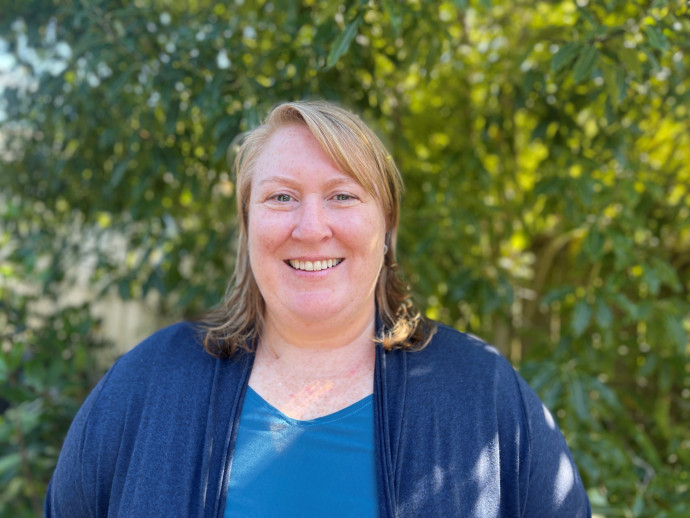2025 Callaghan Medal: Sharing science to get Kiwis on board with conservation

Professor Margaret Stanley of Waipapa Taumata Rau – the University of Auckland has won the Callaghan Medal for her outstanding contribution to science communication and raising public awareness of the value of science.
Margaret is an accomplished ecologist who has focused on sharing her passion that science and research can deliver benefits in the real world –beyond academic citations. She has published many articles and opinion pieces to contribute to informed public debate on conservation science.
Margaret has become a ‘go-to’ presenter on conservation issues. She has been invited to speak at many high profile and community events and to diverse audiences in all kinds of formats, including radio, TV, and online discussions. She regularly engages with communities to simplify technical advice and empower people to make evidence-based decisions. She has run science communication workshops in New Zealand and internationally and helps early-career researchers develop skills and confidence.
Margaret says her research is focused on trying to understand and stop some of the key threats to biodiversity – particularly invasive species and urban development.
She seeks to answer questions like: ‘How can we stop the spread and impact of weeds and pest species?’ and: ‘how can we have houses and biodiversity side-by-side in cities?’
Margaret says New Zealanders will need to help to solve these biodiversity issues.
“It’s critical to communicate that those small things we do in our backyard matter:
- choosing plants for our gardens that are unlikely to become weedy
- planting and encouraging native species
- making sure our pets are contained and don’t escape into local bush patches.”
She enjoys communicating her science and feels as though she has an obligation to pass her knowledge on to New Zealanders who fund science and to mana whenua of the land she conducts her research on.
Margaret says the first media appearances scientists make in their early career are scary, but the more you do, the easier they become.
Like other scientists, she has received “nasty comments and emails around the more controversial issues”, but that there is support to deal with it.
“It is critical to inject evidence into public conversation.”
Margaret explains that because most New Zealanders live in cities, we can easily become disconnected from nature, which can have detrimental effects on our mental and physical health.
“We can also get very disconnected from our local environment. Our cities have colonial histories and are dominated by exotic tree species; we can lose that connection with native biodiversity and are instead swamped by sparrows and oak trees.
“We all do better when we’re connected to our local environment – and we have a lot to protect in Aotearoa. Most of our species are found nowhere else in the world – it makes us unique.”
Margaret says winning this award is an acknowledgement that the science communication and community engagement she does as part of her job are a “valid and important part of being a scientist”.
“That’s not always been the case and seeing science communication being recognised is important for early-career scientists starting on their own science journeys.”
Callaghan Medal:
For an outstanding contribution to communicating science technology, or both, and raising public awareness of its value.
Citation:
To Margaret Stanley for communicating science to diverse audiences, commitment to positive ecological and socio-cultural outcomes, and mentorship of early career science communicators.
